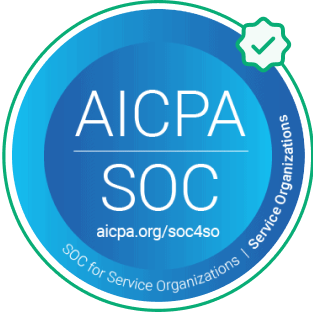What is employee satisfaction?
Employee satisfaction is the level of contentment that an employee feels within their job. It is also known as job satisfaction. Employee satisfaction is an important factor in determining the overall health of the organization.Organizations often work towards improving the level of employee satisfaction to reduce their employee turnover rate. Anonymous surveys are a useful instrument for measuring employee satisfaction.Not to be confused with:
employee morale
Employee morale is the overall attitude and outlook of employees towards their employer.
Not to be confused with:
What factors contribute to employee satisfaction?
1. Well-defined business goalsAn organization that is confused about its objectives can be an absolute enthusiasm-killer for employees. When an organization clearly outlines its business goals and communicates them to its employees, it gives the employees a sense of direction and purpose and leads to a higher level of employee satisfaction.2. Holistic well-beingEmployees thrive in a wholesome work environment that is curated to cater to their physical, emotional, psychological, and financial well-being. Holistic well-being keeps employees stress-free and brings in a feeling of contentment. Hence, corporate wellness programs are an excellent way to ensure employee satisfaction.3. Skill developmentOpportunities for skill development help increase efficiency and the level of satisfaction an employee feels with their job. Employees appreciate it when an organization helps them with career advancement and adds to their growth as a professional.4. Work-life balanceWhen employees are able to strike a balance between their professional and private lives, they feel more content with their job. Organizations that do not overwork their employees through heavy schedules and workloads achieve good levels of employee satisfaction.5. FeedbackTimely and honest feedback helps employees be sure of their work and effort. The way in which feedback is communicated to an employee also counts. When delivered with positive intent and in a supportive tone, feedback can help build a rapport between an employee and their manager, and add to employee satisfaction.










